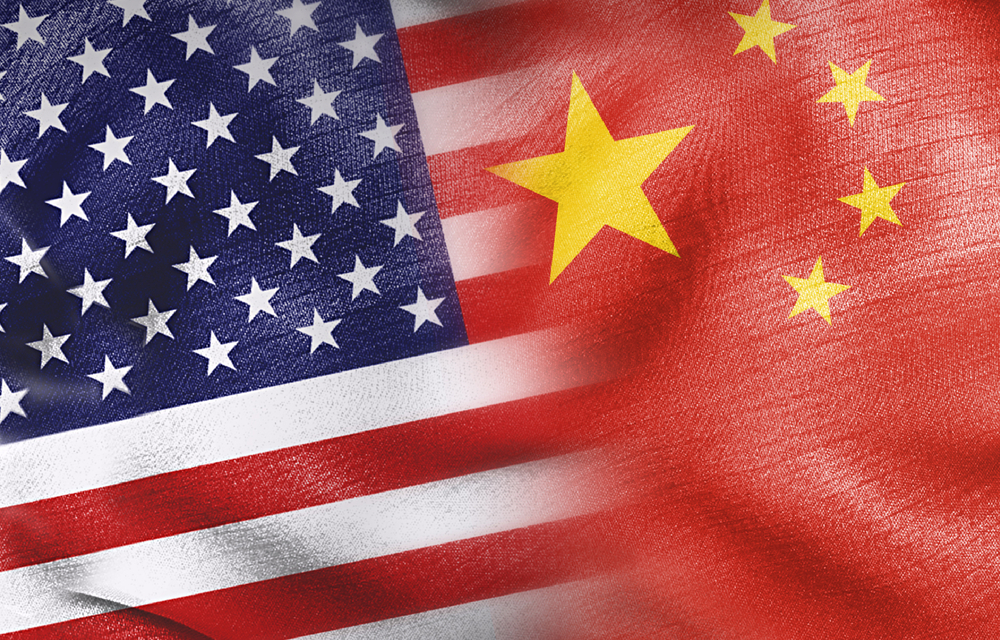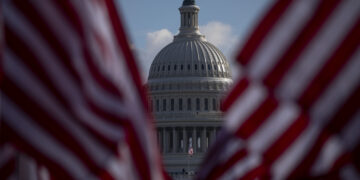January 23, 2024
How will the 2024 election impact U.S.-China relations?

There was a time when the relationship between the United States and China had a bright future. While bilateral relations have never been particularly rosy since the two countries formally established diplomatic ties on January 1, 1979, U.S. and Chinese leaders have long worked on the assumption that they had much to gain by deepening their cooperation and, if possible, expanding it to new heights.
This was a widespread sentiment in Washington, reflected in speeches given by presidents from both parties. “I know there are those in China and the United States who question whether closer relations between our countries is a good thing,” President Bill Clinton told students at Beijing University in June 1998. “But everything all of us know about the way the world is changing and the challenges your generation will face tell us that our two nations will be far better off working together than apart.” President George W. Bush was just as amicable four years later, when he addressed another room of students at Tsinghua University: “China is on a rising path, and America welcomes the emergence of a strong and peaceful and prosperous China.”
Decades removed, those remarks strike many as naive. Yesterday’s atmosphere of guarded optimism has been replaced by much greater suspicion. The U.S. and China are the two largest military spenders and compose approximately 43 percent of the world’s economic output. Yet the two great powers remain ready to leap at each other’s throats. The U.S. Defense Department labels China its principal competitor and “pacing challenge,” while the Chinese army, the PLA, has devoted decades to re-arming and modernizing to balance against, if not break, U.S. dominance in Asia.
More on Asia

Featuring Lyle Goldstein
June 13, 2025








